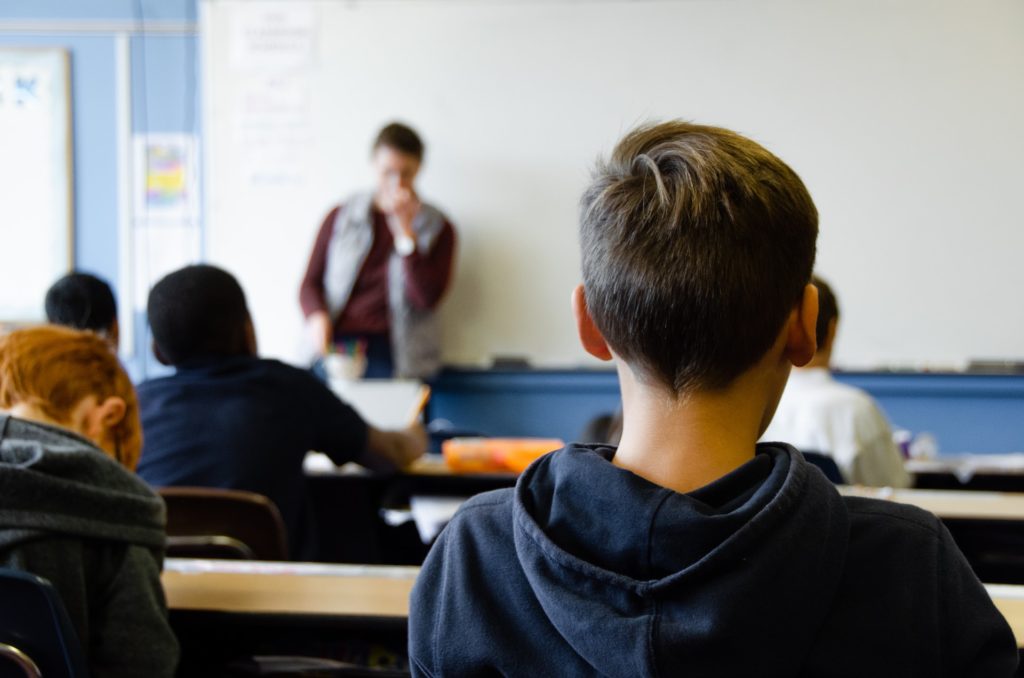Just 8% of Belgian parents with children in primary and secondary education plan to have them take a self-test every week, shows a survey of 370 parents from Het Nieuwsblad.
As the schools are reopening on Monday, Flemish Education Minister Ben Weyts and Federal Health Minister Frank Vandenbroucke are calling for (weekly) self-tests among pupils to keep schools open as long as possible.
Due to the Omicron, a lot of teachers and pupils will become infected again as a result, according to the head of the Catholic education sector, Lieven Boeve. "The question is not if classes and schools will be quarantined again, but how many," he told Het Laatste Nieuws.
To increase the willingness to self-test, Vandenbroucke wants to raise awareness among parents. "School directors could also explain that weekly self-testing of children ensures that schools can stay open."
The Federal Government is not able to offer the tests to families with school-aged children for free, but Vandenbroucke stressed that nothing is stopping local authorities or the Education Ministry from buying a lot of tests and giving them out for free.
Related News
- 'Nothing is stopping Education Ministers from offering free self-tests,' says Vandenbroucke
- Belgium must abolish CST as soon as crisis is over, urges De Croo
- Belgium takes no new coronavirus measures
According to Education Minister Weyts, however, making self-tests free is not a miracle solution to make parents test their children. Anyone who disregards a paying self-test would also disregard it if it becomes free, he said on Flemish radio on Saturday morning. "On top of that, self-testing is no more than a recommendation."
"Face masks are compulsory and they are not paid for by the government. It would be a bit crazy to do that for something that is not obligatory," he added, pointing out that the taxpayer would still end up paying for fee tests indirectly. "And for someone else's too."
Weyts also said that he intends to keep the schools open as long as possible, preferably two months until the carnival break, stressing that education must be a priority for society, even though the infection rates are currently rising enormously due to Omicron.
"We have to be stricter outside the school walls than inside them," he said, adding that he does not want a collective closure of schools. "We have to act where the problems are, and only there."
Still, class closures or school closures must remain "exceptional cases," Weyts added. "In the previous waves, about 100 schools were closed at the peak, out of a total of 4,000 (in Flanders). That is relative after all."

